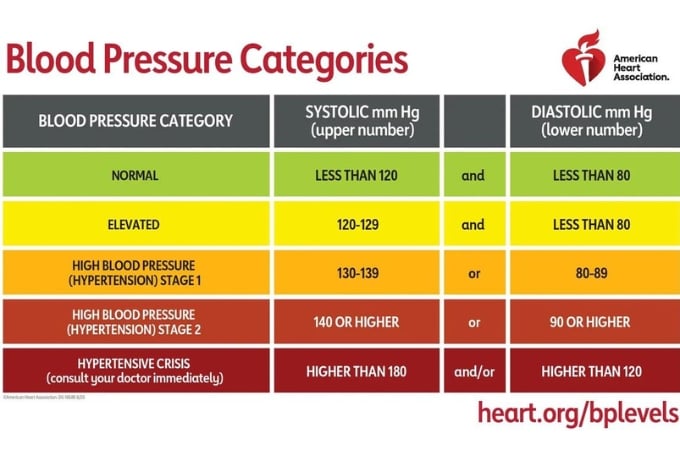It’s the start of a new year and time to schedule your annual physical. It is important to schedule your annual well-check appointment to help you and your doctor get a clear picture of your overall health and bring your care up to date.

What to Expect During a Physical?
During your annual physical, your doctor will ask questions about your lifestyle and habits including exercise routine, smoking, alcohol consumption, and family health history. It is important to discuss any health concerns you may have during the appointment.
Your doctor will also conduct common vital sign checks during the appointment including heart rate, fasting blood glucose levels, and blood pressure. Below are brief descriptions of each vital sign check.
Common Vital Signs
- Heart Rate:
Your heart rate is the number the times your heart beats per minute. It is measured by taking your pulse either on your wrist or listening to your heart via a stethoscope.
- When an individual maintains proper cardiovascular health, their heart can pump blood more efficiently. This often results in a lower resting heart rate between 45-60 BPM.
- Fasting Blood Glucose Levels:
This test measures your blood sugar levels. Elevated levels are associated with diabetes. This test is done with a blood draw after a 12-hour fast. When scheduling your physical, make sure you ask your doctor’s office if you should fast before the appointment for a blood draw.
- Fasting levels can give a more accurate reading of your body’s blood sugar regulation. Fasting blood sugar of less than 100 mg/dL is considered normal
- Blood Pressure:
Blood pressure is measured with an upper arm cuff that applies gentle pressure while a gauge on the cuff measures blood pressure.
- Higher pressures put more stress on arteries and can cause health problems.

Annual exams let your doctor assess if your vitals are in normal ranges. If they are above or below where they should be, you and your doctor can create a plan to help you bring them back into the normal range.
Without an annual exam, there is a risk that any significant health issues go unchecked resulting in a more serious issue. Annual check-ups allow you to take control of your health by establishing preventative care practices.